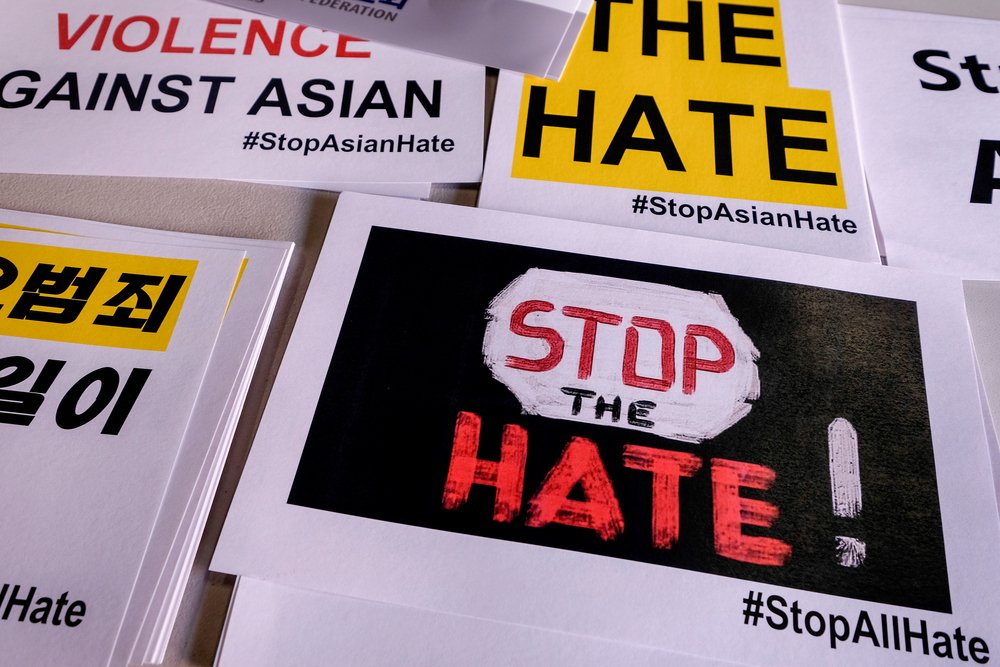
On March 16, 2021, 21-year-old Robert Aaron Long had a “bad day,” in the words of Captain Jay Baker of the Cherokee County Sheriff’s Department, and went to three different spas or massage parlors to kill eight people, including six Asian-American women, before being stopped. Had he not been stopped, he may have intended to continue on to Florida to murder more people.
While some officials say the murders were not racially motivated based on the words of the shooter, for those of us from Asian-American and Pacific Islander (AAPI) backgrounds, the events feel very raw and emotional. About 20 percent of medical students and active physicians are AAPI, and far more than have AAPI individuals they care about in their lives. This attack occurred in the midst of a massive spike in anti-Asian violence and hate crimes. Many of us (myself included) have been victims of racially-motivated attacks, even in “progressive” areas, and we know that our loved ones or ourselves could have easily been targeted in a similar mass shooting. Delaina Ashley Yaun was in her early 30s like me, and she was shot and killed while treating herself to a spa day. I have family who have worked in acupressure, in what a layperson may refer to as a massage parlor.
Yet, because we’re in medicine, most of us can’t just hit pause and decompress. Many fourth-year medical students and residency applicants still had to maintain their composure in order to participate in the Supplemental Offer and Acceptance Program®, a grueling and time-sensitive process. As essential workers, residents and fellows still have to continue with our workdays and continue providing high-quality care for patients, even though some of them may empathize or agree with the shooter. We often don’t have enough time to even sleep, eat, hydrate, or see our families, and adding acute racial trauma on top of that can be incredibly stressful.
Since our medical system and medical institutions may not be the most supportive of us during this trying time, I am asking for our allies to step up. Take initiative and educate yourselves on the history of anti-Asian racism, listen (and genuinely listen) to us, be there for your colleagues if they need support, speak out when people make racist jokes, intervene when you see individuals being harassed because of their race or ethnicity, and if you are able, work to promote anti-racist institutional or legislative policies to support minoritized individuals. If you are in a position of power, consider providing your staff with time away from work or resources to heal. We can all play a part in fighting injustice.
Yuemei (Amy) Zhang is an anesthesiologist and can be reached on Twitter @yzhangmd1.
Image credit: Shutterstock.com
